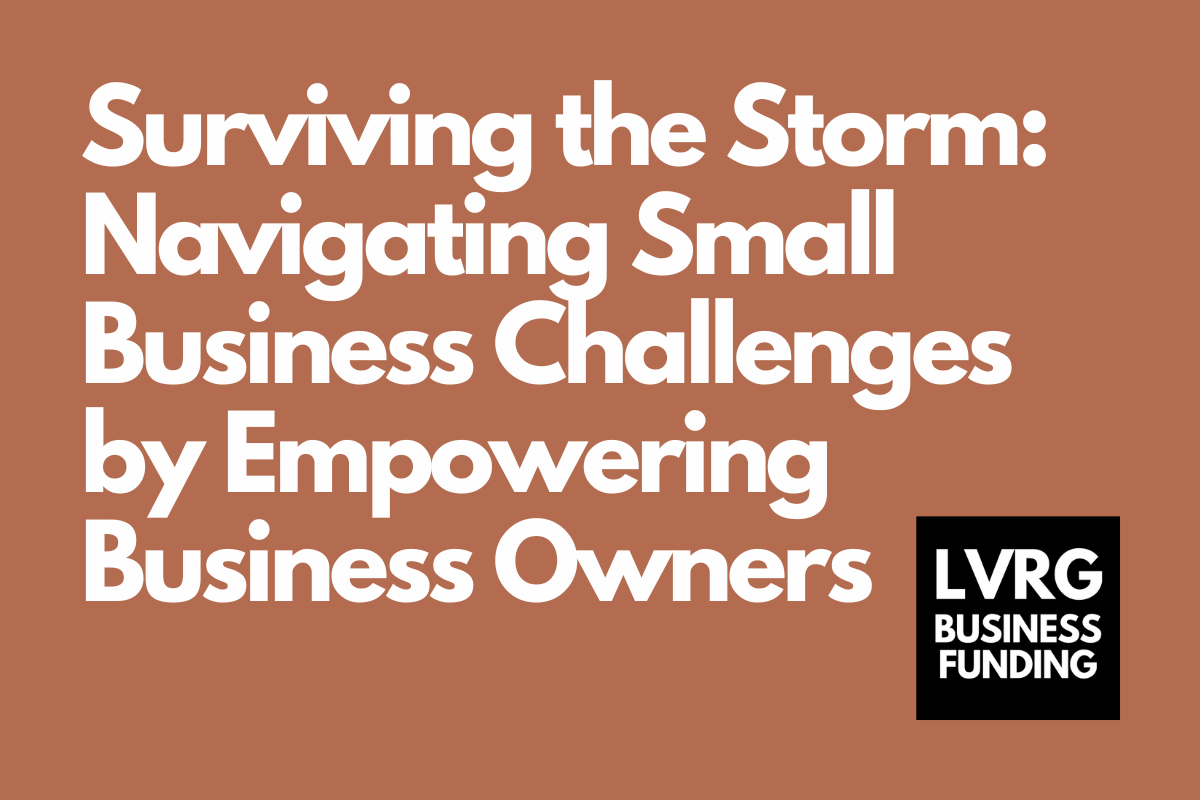In the challenging landscape of today's economy, small businesses face unprecedented hurdles. However, a stark reality often overlooked is that the biggest threat to a business's survival may be the owner themselves. This piece explores the critical role of the business owner in shaping the fate of their enterprise and provides insights into how self-awareness, adaptability, and resilience can empower business owners to overcome adversities.
The Entrepreneurial Impact: While external factors like economic downturns and market shifts contribute to the challenges faced by small businesses, the impact of the business owner's decisions and mindset is undeniable. The ability to adapt, innovate, and make strategic choices is often the differentiator between a struggling business and a thriving one.
Self-Awareness as a Catalyst: Successful business owners cultivate self-awareness to understand their strengths, weaknesses, and how their actions affect the business. Recognizing personal limitations and biases allows entrepreneurs to make more informed decisions and fosters a culture of continuous improvement.
Adaptability in Changing Times: The ability to adapt to changing circumstances is a hallmark of resilient business owners. In a dynamic economy, being open to new ideas, technologies, and market trends is crucial for survival. Rigidity and resistance to change can hinder a business's ability to weather storms and seize emerging opportunities.
Embracing a Growth Mindset: A growth mindset is essential for business owners facing adversity. Instead of viewing challenges as insurmountable obstacles, a growth mindset sees them as opportunities for learning and improvement. This mindset fosters resilience and encourages the pursuit of innovative solutions to complex problems.
Building a Support Network: The journey of entrepreneurship can be isolating, but successful business owners recognize the importance of building a strong support network. Whether through mentorship, industry alliances, or professional advisors, having a network to provide guidance and perspective can be a lifeline during tough times.
Effective Decision-Making: Sound decision-making is the cornerstone of business success. Business owners must weigh risks and benefits, consider long-term implications, and make decisions aligned with the overall business strategy. In times of crisis, decisive and well-informed actions can be the difference between survival and failure.
Prioritizing Mental and Physical Well-being: The toll of managing a business in a challenging economy can be immense. Successful business owners prioritize their mental and physical well-being. Regular exercise, adequate sleep, and stress management contribute to mental clarity and resilience, enabling business owners to face challenges with a clear mind.
Learning from Failures: Failures are inevitable in the business world, but successful business owners view them as opportunities for growth. Analyzing failures, learning from mistakes, and applying those lessons to future decisions contribute to the iterative process of building a stronger, more resilient business.
Conclusion: In the harsh economic landscape for small businesses, the role of the business owner is pivotal. While external challenges exist, it is the mindset, decisions, and adaptability of the business owner that will ultimately determine a business's fate. By cultivating self-awareness, embracing adaptability, and prioritizing mental and physical well-being, business owners can not only survive but thrive in the face of adversity. The true strength of a small business lies not just in its products or services but in the resilience and leadership of the owner steering the ship through turbulent waters.
Written by Charles M. Barr, CEO of LVRG Business Funding

